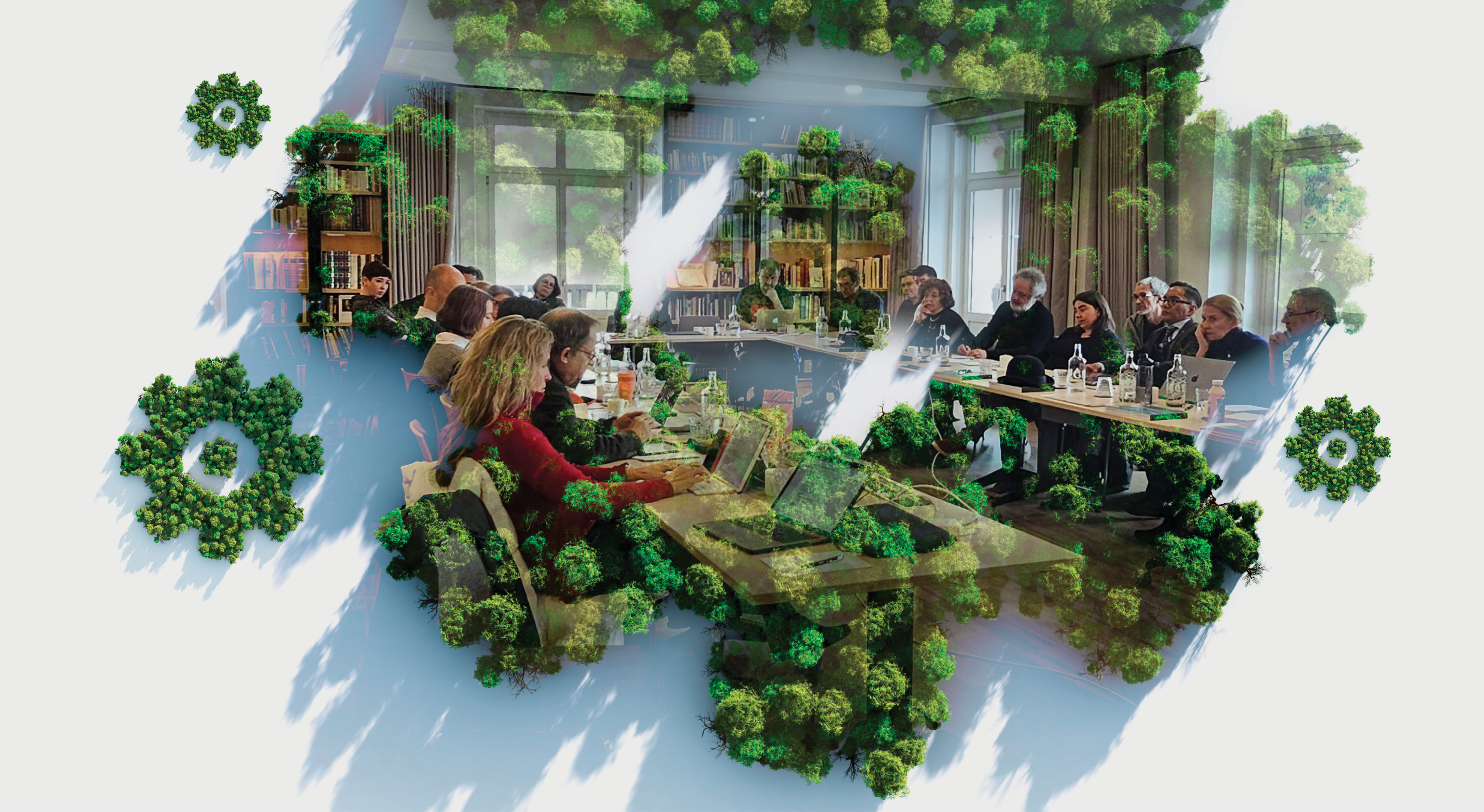Research in the De Moraes group focuses on exploring the role of information transfer via sensory cues and signals in shaping interspecific ecological interactions. The primary focus of the group is on chemical signaling and specifically on the role of olfactory information in interactions among plants and other organisms. Within this framework, the group explores a broad range of topics, including multi-trophic plant-insect interactions and disease transmission by insect vectors. The overarching goal of this work is to address novel and important questions in basic ecology that also have applied relevance for sustainable agriculture, ecological conservation and human health.
Teaching in the group includes a number of courses relating to insect biology, plant-insect interactions, and the role of communication in mediating interspecific ecological interactions, which are targeted primarily to students in Environmental Systems Science (D-USYS), Biology (D-BIOL), and other life-science disciplines. These courses are designed to provide students with a clear understanding of core concepts, as well as familiarity with important open questions in basic and applied science and the research techniques and methods that can be brought to bear on such questions.
The De Moraes group also oversees the ETH Zurich Entomological Museum, which hosts one of the most important insect collections in central Europe with over two million specimens. In addition to serving as an important resource for researchers and educators, the museum has taken an active role in public outreach and education, including via frequent guided tours of the museum’s holdings by school groups and the general public, as well as more focused educational exhibits. The museum also serves as an important educational resource for ETH students by hosting specialized seminars and workshops on relevant topics. A major focus of the collection’s current work is to digitize its holdings in order to create online resources for both research and education.




